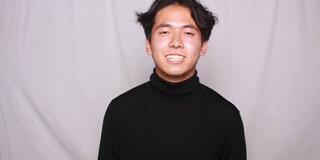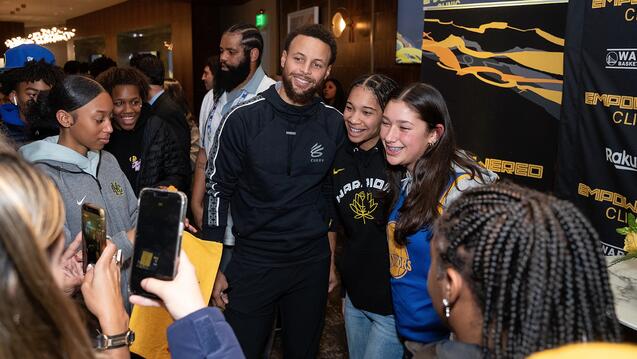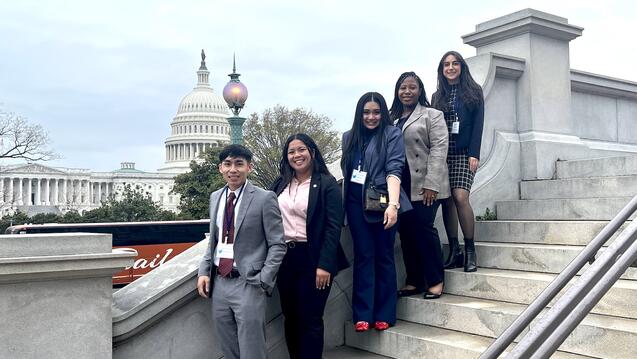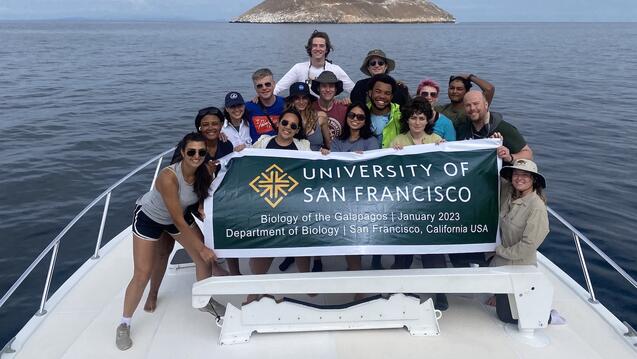Undergrad Pursues Passion for Research and Community

Viet-Hung Nguyen ’25 is working with his professors to change how psychology research is conducted. His goal: conduct research that listens to and responds to people in their communities, leading to results that are more applicable to real life.
Nguyen is a psychology major, minoring in neuroscience. He also works with the McCarthy Center for Public Service and the Common Good and Engage San Francisco. As a site leader at Rosa Parks Elementary School in the San Francisco Unified School District, he fosters relationships between tutors and young students and coordinates tutoring schedules.
Last month, Nguyen was named a 2023 Newman Civic Fellow for his work in the city’s elementary schools. As a fellow, he will connect with other student leaders across the country. His work in the community, meanwhile, has connected him to his passion for research.
“I want to conduct research with our communities and pass that on to our policymakers. We can build a model for others to follow,” Nguyen said. “Community outreach has the power to partner with people in our community and set an example so policymakers can make equitable change in their communities.”
Nguyen grew up in Germany before moving to San Jose in eighth grade, and he chose USF for its urban campus. What makes USF special is the community, small class sizes, and connections he’s making with professors, he said.
In his work as a research assistant in Associate Professor Benjamin Levy’s learning and memory lab, Nguyen is learning how to critique research articles to better understand how they apply to real life. In Assistant Professor Zachary Reese’s social psychology course, he learned about a concept called “the replication crisis,” in which it’s hard to generalize research findings across time and situations.
Nguyen learned the importance of conducting research with people in the community, rather than college students, who so often are research subjects. He started to see how he could apply his interest in psychology to work for the greater good.
“Viet-Hung is extraordinarily curious and astoundingly ambitious,” Reese said. “Most psychologists value either basic psychological ideas, like cognitive dissonance theory, or changing lives through community programs, like school programs. Viet-Hung seems uniquely capable of both working with abstract ideas and making them useful for people.”
“My psychology knowledge helps me understand how I can help my [elementary school] students connect with each other and with me,” Nguyen said. “In return, tutoring with the children at Rosa Parks is a reminder of why I want to go into psychology research in the first place — to apply it to my life. It’s a two-way street.”


